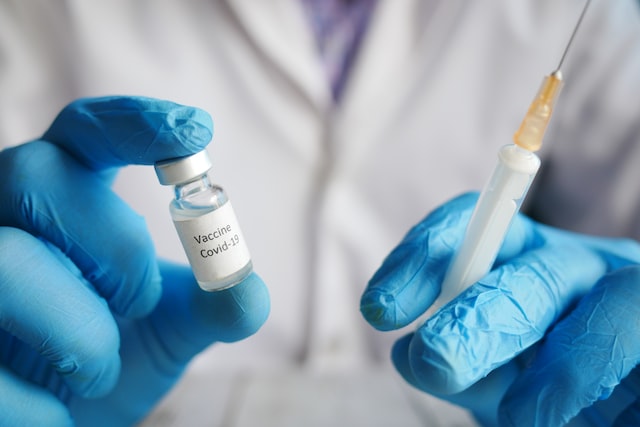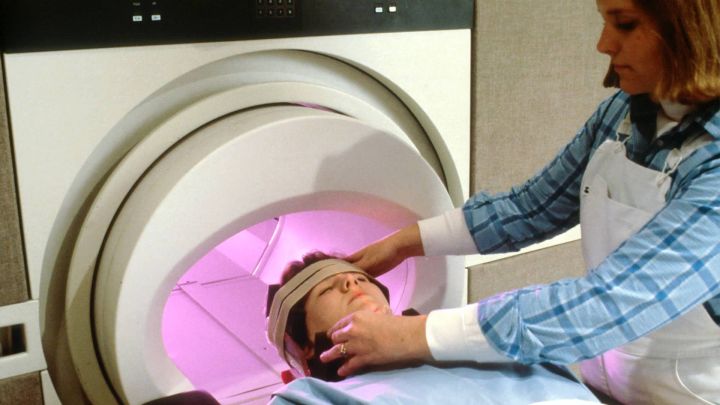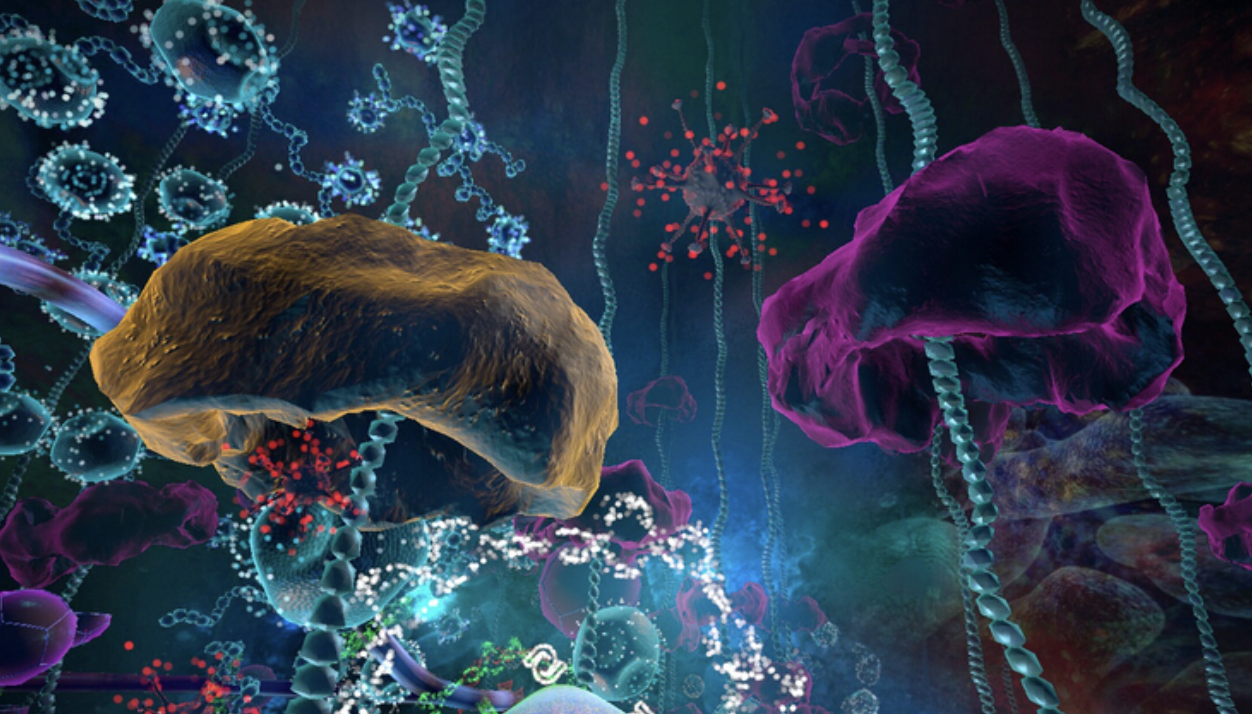Apparatus
New Targeted Drug For Leukaemia Approved, 35% Of Patients' Cancer Cells Disappear Completely!
The US FDA has approved a new leukaemia drug, Olutasidenib, which has been shown to be effective and has a controlled safety profile, resulting in the complete disappearance of cancer cells in 35% of patients enrolled, with efficacy lasting up to 25.9 months.

Recently, the US FDA approved Olutasidenib (Rezlidhia) capsules for the treatment of adult patients with relapsed or refractory acute myeloid leukaemia with IDH1 mutations.

Acute myeloid leukaemia (AML) is a rapidly progressive cancer of the bone marrow and blood cells, and IDH1 mutations occur in 7%-14% of AML patients. IDH1 mutations cause a build-up of 2-HG, which, when present in excess, prevents the cells from transforming into normal functioning mature cells and assemble into cancer.
Olutasidenib is a potent, selective small molecule inhibitor that targets the IDH1 mutation, thereby reducing 2-HG levels and restoring normal differentiation of bone marrow cells.

Basis for approval:
FDA approval of Olutasidenib was based on the results of the 2102-HEM-101 trial. The trial was a single-arm, open, multi-centre trial enrolling 147 adult patients with relapsed refractory acute myeloid leukaemia carrying the IDH1 mutation.
Olutasidenib was administered orally and enrolled patients received 150mg of the drug twice daily until disease progression or intolerable toxicities developed, or until they were started on haematopoietic stem cell transplantation.
Efficacy was evaluated based on the proportion of patients whose cancer cells disappeared completely, the proportion of patients whose cancer cells disappeared completely with partial recovery of haematological parameters, the duration of treatment and the proportion of patients who went from transfusion-dependent to non-transfusion-dependent.
Patients enrolled were treated for an average of 4.7 months and 16 patients received stem cell transplants after Olutasidenib treatment.

The results of the trial showed that 32% of patients had complete disappearance of cancer cells; 2.7% had complete disappearance of cancer cells and partial recovery of haematological parameters, representing an effective rate of 35%. The duration of treatment was 25.9 months.
In addition, within 56 days of starting the trial: 29 of the 86 patients who were transfusion-dependent at enrolment were no longer transfusion-dependent; 39 of the 61 patients who were not transfusion-dependent at enrolment remained transfusion-free.
Common adverse reactions to Olutasidenib treatment included nausea, malaise, arthralgia, constipation, leukocytosis, dyspnoea, fever, rash, mucositis, diarrhoea and elevated transaminases.

In addition to AML, Olutasidenib is also being studied in other IDH1 mutated tumours such as myelodysplastic syndromes, gliomas and other advanced solid tumours, with the hope that good results will soon be achieved!
-
![]()
![]() ApparatusJan 19, 2026
ApparatusJan 19, 2026Watch Out For The Me Better 'Trap' Behind The Changing Future Of Frα Adc Rising Stars
-
![]()
![]() ApparatusJan 18, 2026
ApparatusJan 18, 2026PET/CT, Why It Can Detect Tumours
-
![]()
![]() ApparatusJan 17, 2026
ApparatusJan 17, 2026Immune And Astrazeneca Launch Strategic Research Collaboration To Accelerate Drug Target Discovery
-
![]()
![]() ApparatusJan 16, 2026
ApparatusJan 16, 2026Mysterious gel quickly seals wounds
-
![]()
![]() ApparatusJan 15, 2026
ApparatusJan 15, 2026New CAR-T Therapy CB-010, Granted Two FDA Designations And Three Patients Are Cancer-Free For Six Months!




